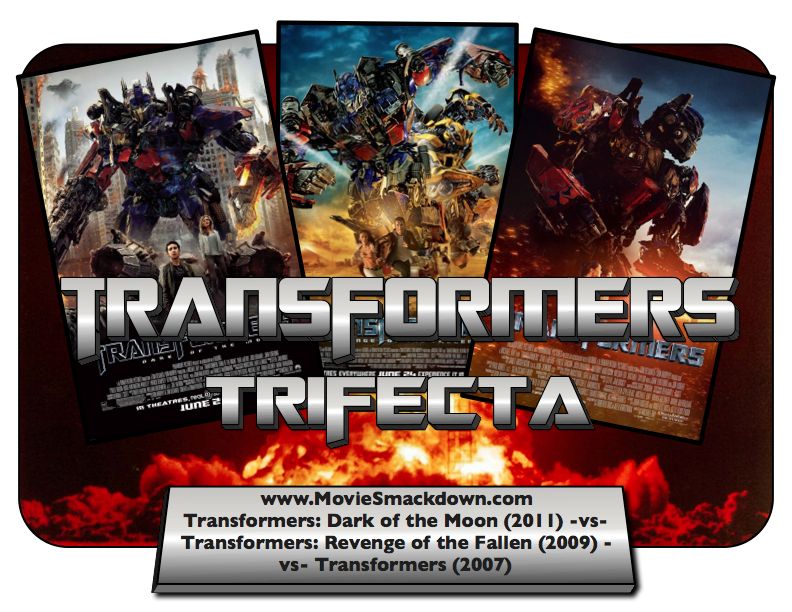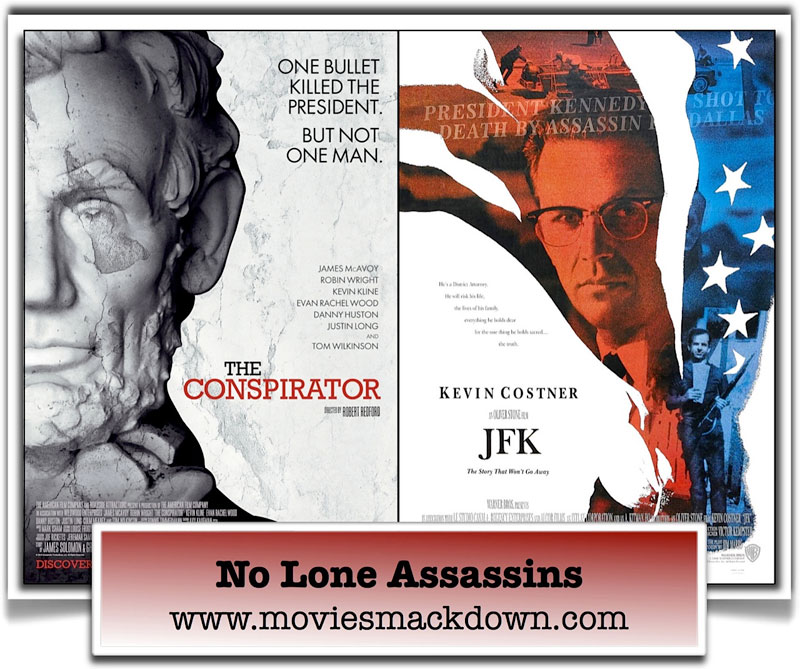 The Smackdown
The Smackdown
There must be something about Scarlett Johansson in a foreign land getting mixed up in love, sex and forbidden romance that is like catnip to directors.
So far it’s inspired two of them to deliver extremely solid films built around the concept: Woody Allen in the current “Vicky Cristina Barcelona” and Sofia Coppola earlier in “Lost in Translation.”
One thing I can promise with either of these films is that they authentically take Americans to another part of the world and cast an eye on a different global culture. This is a good thing, and both films give their audiences a chance to explore without leaving their home towns.
Let’s go lookin’ for some love in a couple of the wrong places with our dueling Scarletts and see what turns up…
[singlepic id=719 w=320 h=240 float=right]
The Challenger
In order to truly enjoy a Woody Allen film these days you need to be capable of two things: 1) you must divorce yourself of all thoughts about his miserable personal life and 2) you must not dwell on his past triumphs. Instead, the best way to see one of his current films like “Vicky Cristina Barcelona” is to view it as an oasis of thought and adult intelligence in a desert of “tentpole” films and superhero sequels.
Two best friends, Vicky (Rebecca Hall) and Cristina (Scarlett Johansson) decide to spend the summer in the Barcelona home of Vicky’s relatives. Vicky is engaged and Cristina is looking for something that will make the whole escapade seem special. They find it (or, rather, he finds them) in the form of abstract artist Juan Antonio (Javier Bardem) who, in the first words he speaks, manages to proposition both of them into bed. By the end of the film, that’s exactly what he gets (at different times) and, by way of complications, we meet Vicky’s fiance from America and Juan’s ex-wife (Penelope Cruz) and sparks fly. And some of the sparks are literally from the point of a gun. Any more than that would spoil the fun.
[singlepic id=153 w=320 h=240 float=right]
The Defending Champion
Japan is a fascinating place, although not necessarily (for me) a fun place. I found a couple weeks visit there to be badly disorienting and challenging. Then as a teenager my son fell in the love with the country because of its connection to videogame culture and we were once again steeped in that world, like it or not. Finally, Sofia Coppola captured all of my feelings beautifully in the film she both wrote and directed about alienation, “Lost in Translation.” It stars Bill Murray as Bob Harris, an American film star who’s come to Japan to make some whiskey commercials and Scarlet Johansson as Charlotte, a newlywed whose husband is a photographer on assignment in Tokyo.
What happens is that Bob and Charlotte connect — not physically, not sexually, but emotionally. They are both lost. He’s burned out by life and she doesn’t love her husband. And here they are, in a luxury hotel, with time on their hands. How they spend it makes the movie.
The Scorecard
Both of these films are what I would describe as “nutritious.” In other words, after you’ve seen them, you don’t feel like they will disappear like cotton candy (think: “Hellboy II”) but rather they will stick with you for days or weeks and you will think of them and talk about them with your friends because they will have made you think and feel.
As far as performances go, both Bill Murray and Scarlett Johansson probably give the performances of their careers in “Lost in Translation.” Both completely inhabit their roles and make you feel for them and about them. In “Vicky Cristina Barcelona,” Scarlett just isn’t as good. Her problem and her solution isn’t as interesting as her friend’s and she never quite comes to life. But Javier Bardem and Penelope Cruz are just awesome. Bardem’s character and his performance are stellar and Cruz is a firecracker in every single frame of film that she’s in.
Direction in both is good, but Coppola’s was the greater accomplishment. She was on her sophomore film and her talent was put in lights by her work. Allen’s film is less all-around wonderful because in many places it feels familiar (because it is) even though it’s good. It also has two singular flaws: the voice-over he insists on using is distracting and written, not real; and the character of Vicky sounds like a twentysomething female Woody Allen because her speech patterns and word choices are exactly his (because he wrote it). But he also makes Barcelona and Spanish culture come alive in refreshing ways.
The Decision
“Vicky Cristina Barcelona” is worth seeing because it transports you to another world where Bardem and Cruz can illuminate the film. But they aren’t the title characters and those characters aren’t as interesting as the true-life Spaniards as written or acted.
“Lost in Translation,” on the other hand, completely takes the audience into the world of Japan, yes, but also the interior worlds of Murray’s and Johansson’s characters. They’re sad, but we root for them to get less so, and the moment they share at the end is not only a mystery because of what Murray’s character whispers to her, but also because it forces us to interact with the material and wonder what will happen to them and to think about it for ourselves.
“Vicky Cristina Barcelona” is probably one of Woody Allen’s best films in years in the romance and life observed variety, and it’s worthy of seeing. But the film that’s a must-see if you haven’t had the pleasure and a return-view even if you have, is the wonderful, insightful, poignant “Lost in Translation.”




Leave a Reply